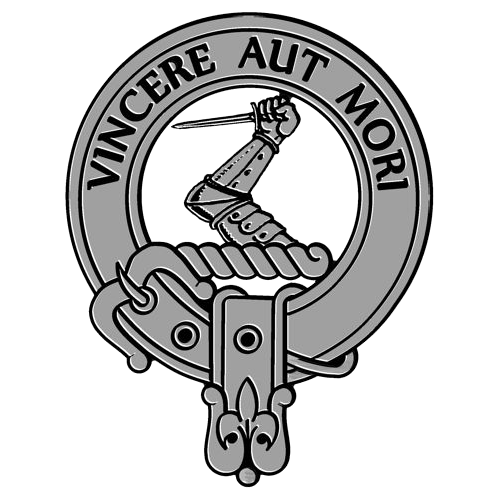History of the MacNeills

In 1344, the destiny of Gigha settled following the Scottish War of Independence. After several changes of property between the MacDonalds, David II included this land amongst the possessions he bestowed on John of the Isles. John of the Isles had already had possession of the island for some time (in spite of a Royal ban), and it was he in all likelihood who created the first lairdship for one of his kin.
Gigha came into the hands of the MacNeills in 1449. Alexander of the Isles was imprisoned after a fierce rebellion against James I, but after his release, attained great power and importance in Scotland. Whilst he was incarcerated in Castle Sweyn, Alexander's Constable was Torquill MacNeill. Torquill benefited from this association on the death of Alexander in 1449, when several lands in Gigha were bestowed on him.
The lands of Gigha were passed from Torquill's son Neill, to his son Hector, and then to Malcolm, who as Laird of Gigha died in 1493.
Hector's son Neill then succeeded as Laird of Gigha. This was the beginning of a troubled time for Gigha. The King's policy of weakening the MacDonald Clan by the forfeiture of the Lordship of the Isles was having its effect. New alliances were formed, new ambitions and rivalries roused, and personal jealousies and passions were rampant. At this time a simmering feud between the MacDonalds and the Macleans became a raging and desperate battle.
In the early part of the 16th century, Allan Maclean, a younger son of Lauchlin Cattanach Maclean of Dowart, gathered a small fleet and roamed the Western Isles, inflicting mayhem and terror. He finally reached Gigha in 1530 and, without any motive or reason, murdered the Laird of Gigha, Neill MacNeill. Many of Neill's clansmen were also murdered, and much of their property burned to the ground. Neill MacNeill did not have a male heir, and as the land could not be passed to an unmarried daughter, Gigha was eventually sold to James MacDonald of Dunnyveg who had a stronghold on the east side of Islay, just fourteen miles due west of Cara. James MacDonald then made the lands a gift to Allan Maclean in the hope of gaining his support against the MacNeills.
After the death of Allan Maclean in 1551, Gigha was again torn apart by the battling MacDonalds and Macleans: burning houses and barns, and livestock and even the inhabitants of the island all suffered a terrible fate.
There is further no record of the island until 1576, when Angus, the son of James MacDonald, gave his natural son, Archibald, a charter of the lands of Gigha for life.
Thus ensued a lengthy conflict between the MacNeills and the MacDonalds in their claim to Gigha. The last fling of the MacDonalds to retrieve their lost power took place from 1615 through to 1618 when Archibald of Gigha was murdered. In 1619 John M'Connell (MacDonald) was served heir to his father, Archibald M'Connell of Dunavaig in 'the same £20 lands of Geya and others in the Sheriffdom of Tarbert, united in the barony of Geya'.
In 1631 John M'Connell (MacDonald) disposed of Gigha and the other lands in Kintyre and the office of Tossochdoir or Chief, to Archibald, Lord Lorn. From this time the MacNeills of Taynish were the undisputed lairds of Gigha. The family retained the island until it was sold in 1780 to the MacNeills of Colonsay, a cadet family, from whom it passed out of the Clan in the 19th century.